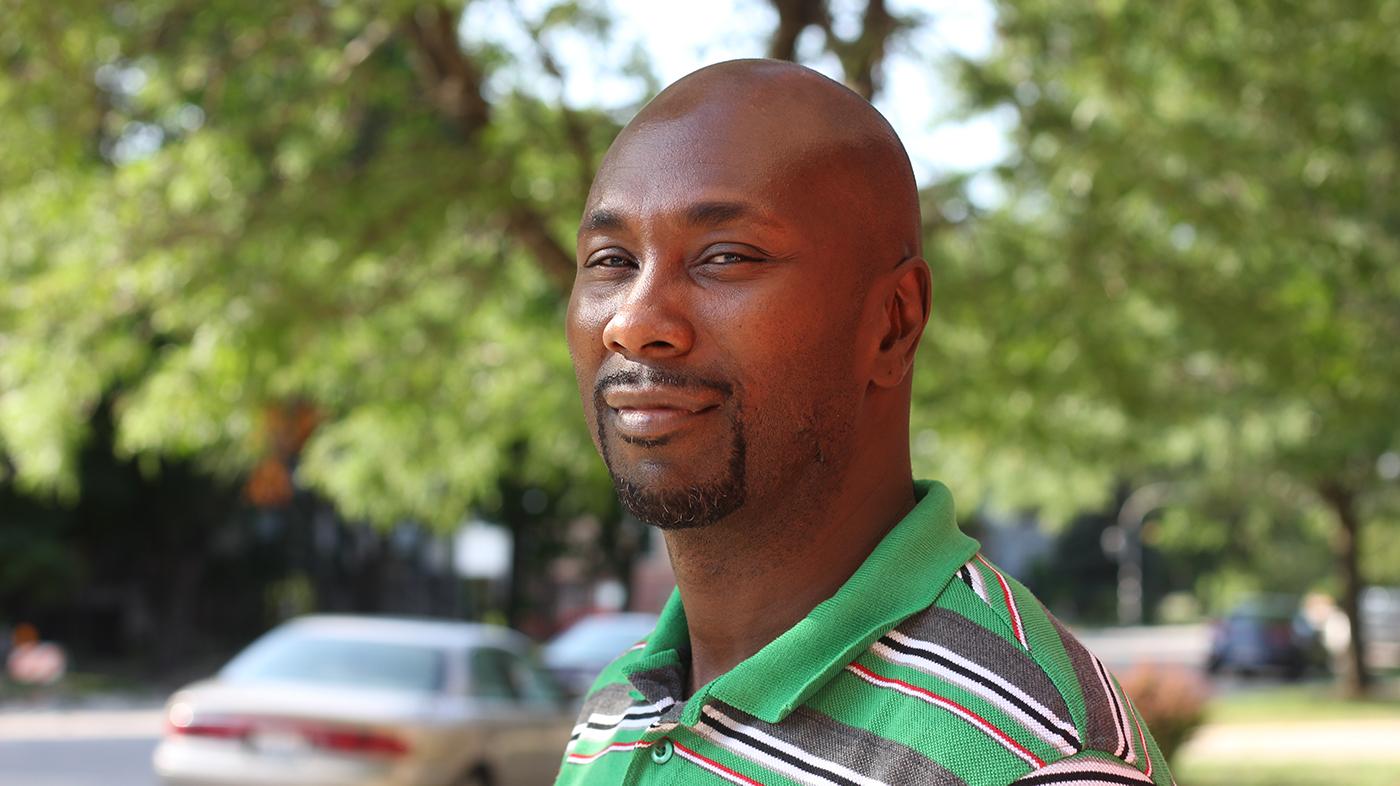
3 Events on Gun Violence Set as Support Grows for Full Funding of Violence Prevention Programs
Advocates working to end gun violence will be gathering multiple times this week to hear from survivors and experts and to explore strategies for reducing gun-related homicides and shootings.
On Tuesday, November 12 at Kennedy-King College, 740 W. 63rd St., WTTW is partnering with Heartland Alliance’s READI Chicago program to present a screening of a new documentary series, “FIRSTHAND: Gun Violence” chronicling gun violence in Chicago. A discussion with survivors/advocates will follow. The event begins at 6 p.m. A second screening in partnership with CP4P is set for Thursday, November 14 at Malcolm X College, 1900 West Jackson Boulevard. The event also begins at 6 p.m. and includes a screening and a discussion.
“It is tremendously important to uplift the voices of our communities who are most affected by this crisis. The WTTW Firsthand Series is a bold way to increase awareness around this critical issue that’s deeply impacting our city,” said Eddie Bocanegra, Senior Director, READI Chicago. “Our hope is that by sharing the experiences of those whose lives have changed because of gun violence, we can further demonstrate the imperative of investing in violence reduction, intervention, and prevention strategies that focus on healing from trauma and creating peace and opportunity.”
“We’re grateful to WTTW for focusing on gun violence and its impact on the citizens of Chicago. Their voices can help prompt Chicago to take needed action to end this public health crisis,” said Vaughn Bryant, Executive Director of the Metropolitan Peace Initiatives of Metropolitan Family Services. “It’s important to hear the voices of real people impacted by violence.”
Meanwhile, on Wednesday, November 13 from 9:30 to noon, Chicago CRED, an organization working to help young people at risk of gun violence, is sponsoring a symposium at the Zhou B Arts Center, 1029 West 35th St. The event will feature a presentation from the Chicago Crime Lab, a panel discussion with violence prevention experts from New York, Los Angeles and Chicago, and a panel with community-based advocates and a Chicago Police commander. Their contribution to this dialogue is important as we work with the city and community-based partners to end this public health crisis.
“Gun violence does not have to be our way of life. Other cities have shown that it’s possible to radically reduce gun violence by giving young people a path to better life,” said Arne Duncan, Managing Partner of Emerson Collective, which funds Chicago CRED as well as several other violence prevention groups here in Chicago. Duncan and other panelists will do a press availability at noon.
This week’s three events coincide with a growing push to boost city investment in gun violence prevention programs. An ordinance sponsored by Aldermen Rod Sawyer, Harry Osterman and Chris Taliaferro, and supported by at least 18 additional members of the City Council, calls for a $50 million annual investment in violence prevention programs. Mayor Lori Lightfoot’s proposed budget includes $11M for violence prevention.
Reverend Ciera Walker-Chamberlain, who is the Executive Director of Live Free Chicago, which fights mass incarceration and gun violence and is a minister with the Church of Jesus Christ House of Prayer, called the Mayor’s proposal, “A good start but it’s not enough.”
She pointed out that $50 million dollars represents just two percent of Chicago’s $2.7 billion public safety budget. While gun violence is down dramatically in the last two years since a spike in 2016, Chicago’s homicide rate remains six times higher than New York and three times higher than Los Angeles. So far this year, nearly 2400 people have been shot and about 440 killed.
Youth development programs, faith-based leaders, and other organizations support the violence prevention ordinance, including Fund Peace for Chicago, a coalition of 24 organizations advocating full-funding for violence prevention programs; Communities Partnering 4 Peace (CP4P), a coalition of nine community-based, antiviolence organizations, facilitated by Metropolitan Family Services (MFS); and the READI Chicago program, which was created by Heartland Alliance to engage young men most impacted by gun violence and connect them to paid jobs, behavioral therapy and support services.
Participants at the Kennedy-King panel on November 12 include:
- Reality Allah, Outreach Worker for READI Chicago
- Dameka Edwards-Hart, Public Health Worker and Mother
- Christa Hamilton, CEO, Centers for New Horizons
- Vaughn Bryant, Executive Director of the Metropolitan Peace Initiatives of Metropolitan Family Services
Participant at the Malcolm X panel on November 14 include:
- Julie Anderson, Outreach Coordinator for Restore Justice
- Noemi Martinez, Gun Violence Survivor
- Lisa Daniels, Founder, Darren B. Easterling Center for Restorative Practices
- Chris Patterson, Director of Programs for Institute for Nonviolence Chicago
The following people are confirmed for the CRED event on November 13:
- Eric Cumberbatch, Executive Director, Office to Prevent Gun Violence, New York City
- Anne Tremblay, Director, Gang Reduction and Youth Development (GRYD), City of Los Angeles
- Susan Lee, Deputy Mayor of Public Safety, City of Chicago, Former Senior Director, Chicago CRED, Former Executive Director of the Urban Peace Institute, Los Angeles
- Arne Duncan, Managing Partner, Emerson Collective, Founder, Chicago CRED, former U.S. Secretary of Education and CEO of the Chicago Public Schools. Duncan will make opening remarks and moderate the panel discussion with violence prevention experts.
- Autry Phillips, Executive Director, Target Area Development Corporation.
- Teny Gross, Executive Director, Institute for Non-Violence Chicago
- Ernest Cato, Deputy Chief Area North, Chicago Police Department, former commander of the 15th Police District, City of Chicago
- Laura Washington, Chicago Sun-Times Columnist, will moderate the conversation with local practitioners and a police official
- Max Kapustin of the Chicago Crime Lab will offer an overview of crime trends in high-crime neighborhoods.

